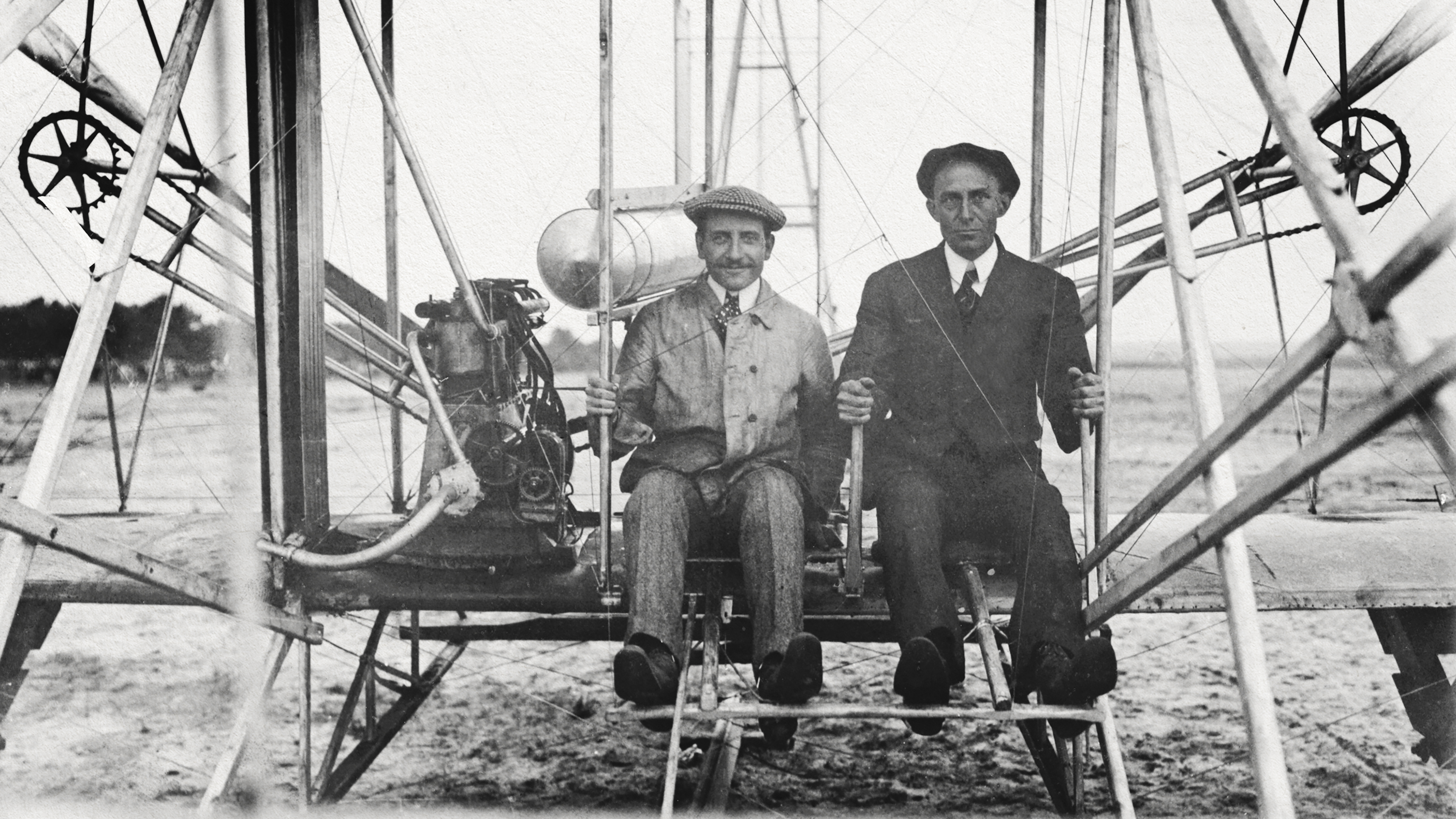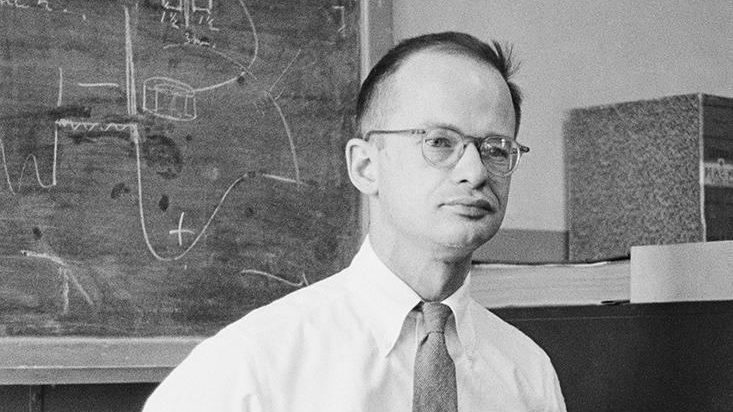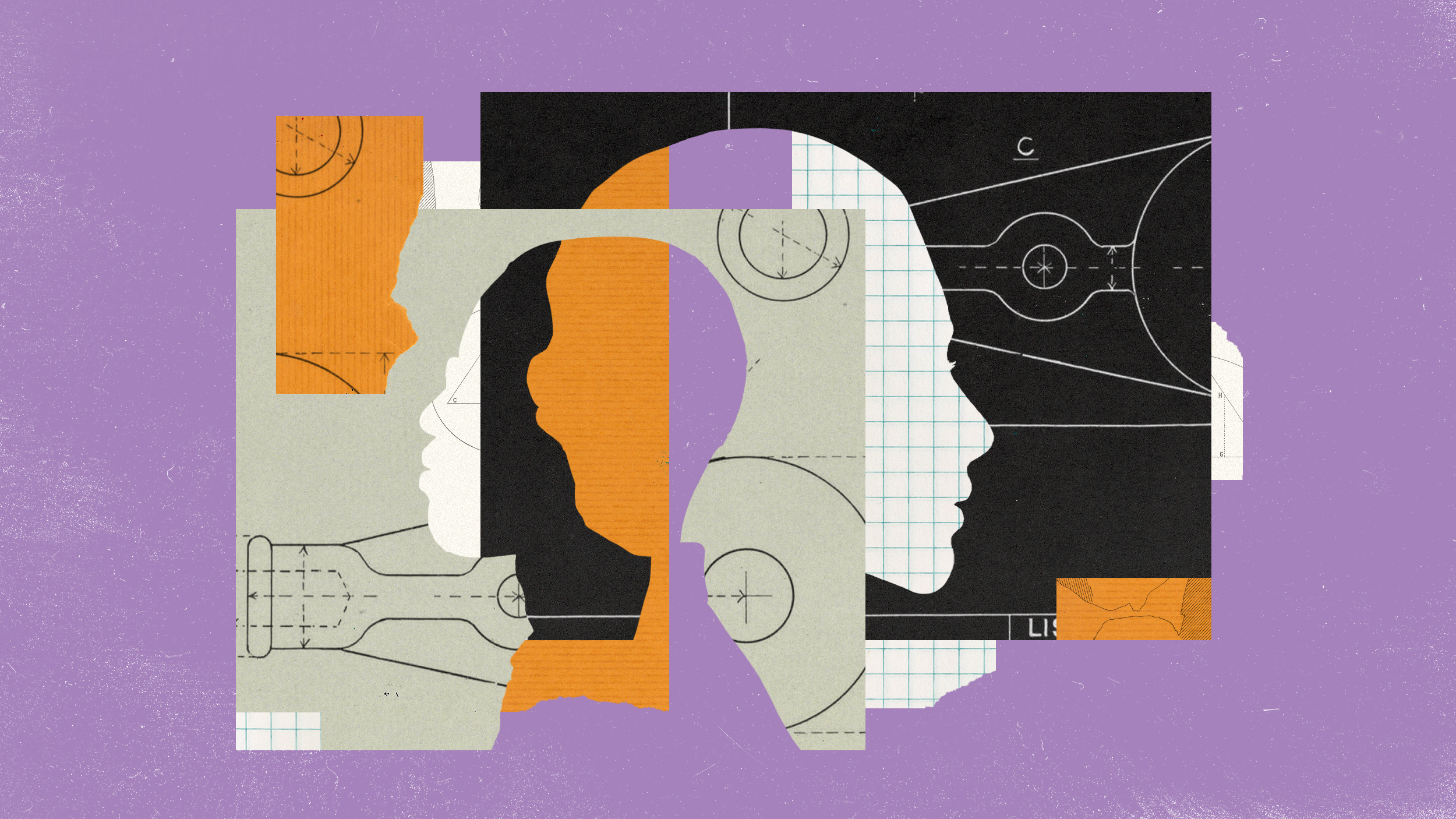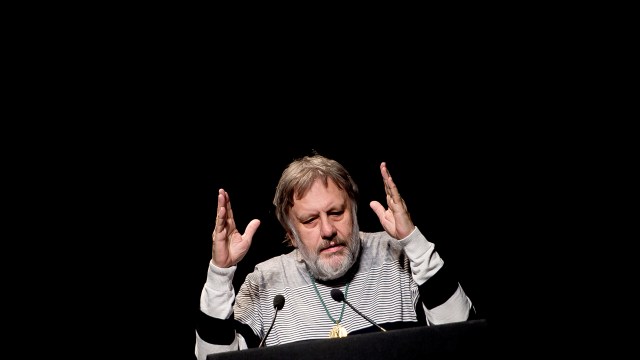BMO invests $78 million annually in employee learning—that’s $1,726 per employee

Photo: Getty Images
- BMO Financial Group just won a 2019 ATD BEST Award for Leadership in Corporate Learning.
- BMO invests $78 million annually in employee learning, which in 2018 averaged out to $1,726 and 23.7 hours per employee.
- The Fourth Industrial Revolution has begun. Future-minded companies are investing in soft skills or 'human skills' learning solutions for their talent.
BMO Financial Group, or the Bank of Montreal, has won a 2019 ATD BEST Award for Leadership in Corporate Learning, an official recognition of its bold investment in the education and upskilling of its talent.
BMO invests $78 million annually in employee learning, which in 2018 averaged out to $1,726 and 23.7 hours per employee.
C-suites everywhere, take note:
“Investing in our people is key to BMO’s long-term sustainability. We know that career potential is the number one reason employees come to BMO. At the same time, attracting and retaining top talent ensures we are providing the best experiences to our customers,” says Karen Collins, Chief Talent Officer at BMO. “To remain competitive, we need to be bold on talent, creating the conditions for human and machine partnerships and building and nurturing a culture that sparks engagement and encourages learning, growth, creativity and innovation.”

Most hiring and firing decisions come down to soft skills, according to LinkedIn’s 2019 Global Talent Trends report.
Source: 2019 Global Talent Trends, LinkedIn

Illustration of Industry 4.0, showing the four Industrial Revolutions.
Credit: Christoph Roser at AllAboutLean.com
Empowering talent in the Fourth Industrial Revolution
Investment in technical skills training is common practice across most industries and has been for decades, but as machine learning integrates into the workforce, organizations and their talent are asking how they can future-proof themselves in a work landscape where traditional business models are rapidly being disrupted by technology.
Cultural anthropologist Genevieve Bell explains, “We’re entering the fourth wave of the Industrial Revolution. That early first wave was all about the steam engine which made possible trains and automation. The second wave of the industrial revolution was really about the introduction of electricity. The third wave of the industrial revolution was about computing and things going digital. And we all recognize those arcs. So think back over those previous waves, right? Steam engine, electricity, computers, and now AI.”
What radically differentiates us humans from even the most cutting edge machine intelligence is what’s formally known as ‘soft skills’, but can be better and more simply described as human skills—things like emotional intelligence, problem-solving, creativity, persuasion, and resilience. From leaders to entry-level contributors, much of a person’s success has to do with the success of their interactions with others and their ability to be proactive in the face of challenge.

Photo by Brooke Cagle on Unsplash
How BMO did it
BMO is an extraordinary case study in corporate education. The organization got started early; nearly 30 years ago, it commissioned Canadian architect Raymond Moriyama to design the BMO Institute for Learning in Toronto, which opened in 1994.
Then, in 2018, BMO went all-in on digital: it launched BMO U, a digital learning platform that offers thousands of resources to its employees, available 24/7. One year after launch, nearly 50% of all BMO employees actively use the platform.
“Learning and development is foundational to our purpose as an organization. Providing an inclusive workplace where everyone is supported to perform at their best includes having a workplace without barriers to learning. Our innovative strategy and approach to building future-focused skills is equipping our workforce to be successful in the face of increasing complexity in the financial space,” says Gina Jeneroux, Chief Learning Officer at BMO.
Great organizations let their talent stretch
What does it take to succeed in highly competitive corporate environments and markets? As Neil Irwin, senior economic correspondent at The New York Times, told Big Think, it’s the people who stretch themselves past their discipline who end up becoming leaders who can move teams successfully toward a singular goal. For example, says Irwin, “[an] optimal engineer is somebody who is a really good engineer who is at least as good at marketing as they can be without being worse as an engineer,” says Irwin. He continues:
“I think the most natural thing in the world is take whatever you’re naturally good at and try and get better at it. If you’re a kid and you’re good at a certain sport, you’re probably going to keep playing that sport because it’s nice to be good at things. But what I’m finding is that, in the modern workplace, what you really have to do is find ways to stretch yourself into areas that don’t come as naturally.
“So if you have a natural mind for numbers and statistics, maybe figuring out how to be a better communicator and public speaker is the key. If somebody comes up through engineering, maybe understanding what do these finance people actually do all day, how does marketing fit in to figure out what product I should be building and working on? The key is asking for different opportunities, whether it’s a six-month assignment on another team, working for a different boss who has a different background, always seeking out those opportunities to stretch your own experience beyond where it exists now.”
BMO and Irwin are in synch; the organization has a novel initiative called #HelpWanted. It’s a virtual job board where short-term projects or challenges are posted and employees can volunteer to work on them, bringing their unique skills to a new department and walking away having stretched beyond their natural or formal competencies.

The top 14 2019 ATD BEST Award Winners
Many employees dream of a company that would invest $1,726 annually in their skills development. BMO is ranked #2 of 59 companies who were recognized with the 2019 ATD BEST Award, the talent development industry’s most prestigious award.
The Best of the BEST
ATD’s Best of the BEST Award goes to organizations that have won the BEST Award 10 or more times.
14-Year Winner: TELUS—Vancouver, British Columbia, Canada
13-Year Winner: Wipro Limited—Bangalore, India
10-Year Winner: IBM—Armonk, New York
10-Year Winner: Tata Consultancy Services—Mumbai, India
2019 Rankings
1. Rosendin—San Jose, California
2. BMO Financial Group—Toronto, Canada
3. Consumers Energy—Jackson, Michigan
4. Valvoline Instant Oil Change—Lexington, Kentucky
5. Tan Tock Seng Hospital—Singapore
6. Samsung Electronics—Suwon, South Korea
7. Optum Global Solutions India—Gurugram, India
8. Persistent Systems—Pune, India
9. Florida Blue—Jacksonville, Florida
10. Black Knight—Jacksonville, Florida





